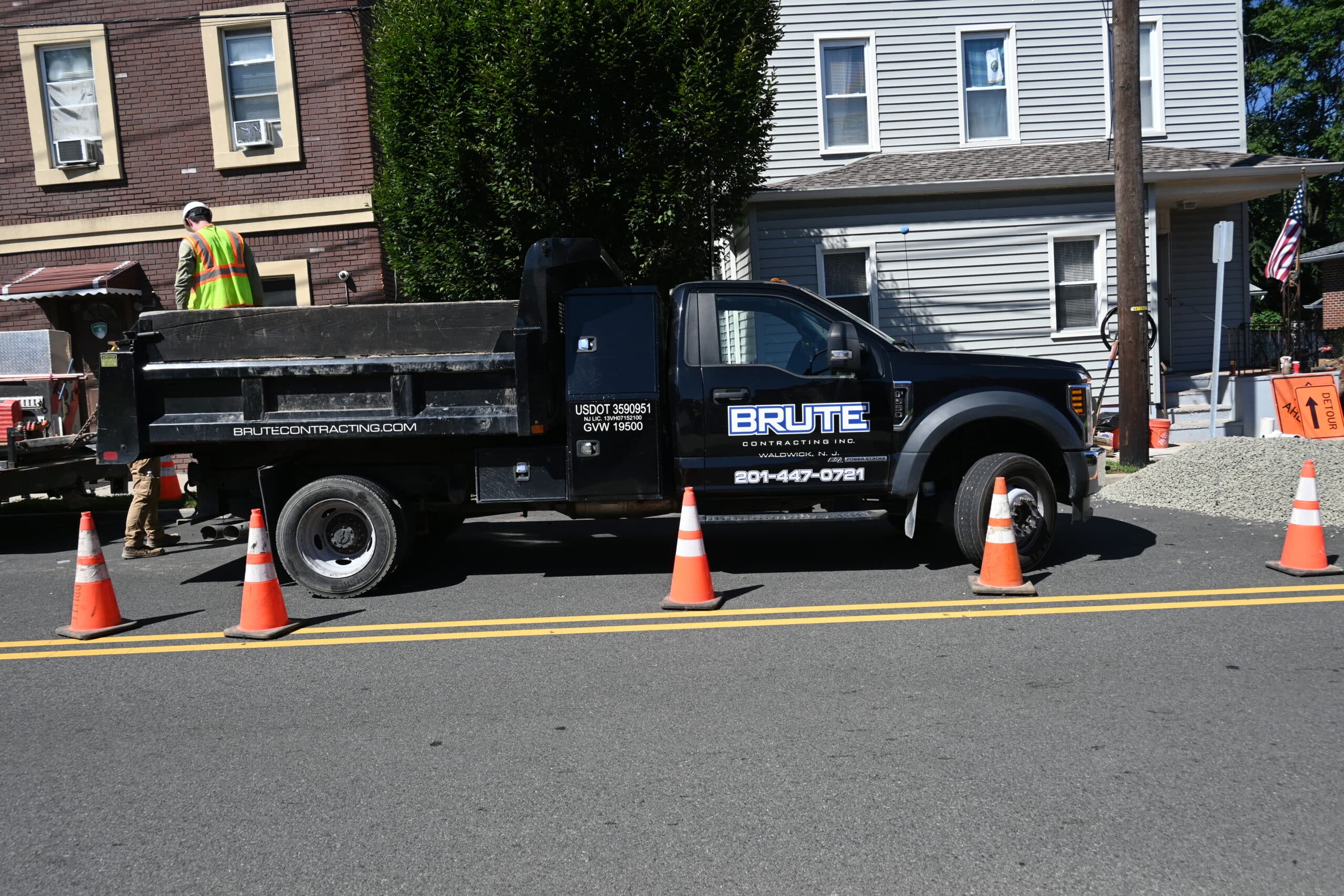While trenchless sewer repair offers many advantages, such as reduced disruption and cost savings, it is not without its potential challenges and problems. Here are some common issues and considerations associated with trenchless sewer repair:
- Limited Applicability: Trenchless methods may not be suitable for all sewer line problems. For instance, severely damaged or collapsed pipes may require excavation and replacement, as trenchless methods might not be able to address such issues effectively.
- Initial Cost: Trenchless sewer repair methods can be more expensive upfront compared to traditional excavation methods. The specialized equipment and materials used in trenchless repairs can be costly.
- Complexity: Trenchless repairs can be technically complex, requiring skilled professionals with specific training and expertise. If not done correctly, it can lead to further problems and costlier repairs.
- Access Points: Trenchless methods typically require access points at both ends of the sewer line or at strategic intervals. If your sewer line is located in a challenging or confined space, creating these access points may be difficult.
- Pipe Diameter: The size of the existing sewer pipe can affect the feasibility of trenchless repair. Some trenchless methods may not be suitable for larger diameter pipes.
- Sewer Line Material: The material of your existing sewer line can impact the success of trenchless repair. Trenchless methods work best with certain materials like PVC, HDPE, and clay.
- Unknown Obstacles: Before conducting trenchless repair, it’s important to assess the condition of the sewer line. Unexpected obstacles, such as large tree roots or foreign objects, can complicate the process.
- Environmental Concerns: Trenchless repair methods that use resin-coated liners or chemicals may raise environmental concerns if not handled and disposed of properly.
- Long-Term Durability: While trenchless repairs often result in durable new liners, the long-term performance can depend on various factors, including the quality of the installation and the condition of the original pipe.
- Permitting and Regulations: Depending on your location, trenchless sewer repair may require permits and adherence to local regulations, which can add complexity and cost.
- Limited Warranties: The warranties for trenchless sewer repairs may vary depending on the service provider and the materials used. It’s essential to understand the terms of any warranties provided.
To minimize potential problems with trenchless sewer repair, it’s crucial to hire a reputable and experienced plumbing or sewer repair professional. They can assess your specific situation, recommend the most appropriate method, and ensure the work is done correctly. Additionally, regular maintenance and inspections of your sewer line can help identify and address issues early, potentially avoiding the need for major repairs or replacements. To speak to one of our owners regarding a trenchless sewer repair, please contact us at (201) 581-3740 or fill out our contact form.


